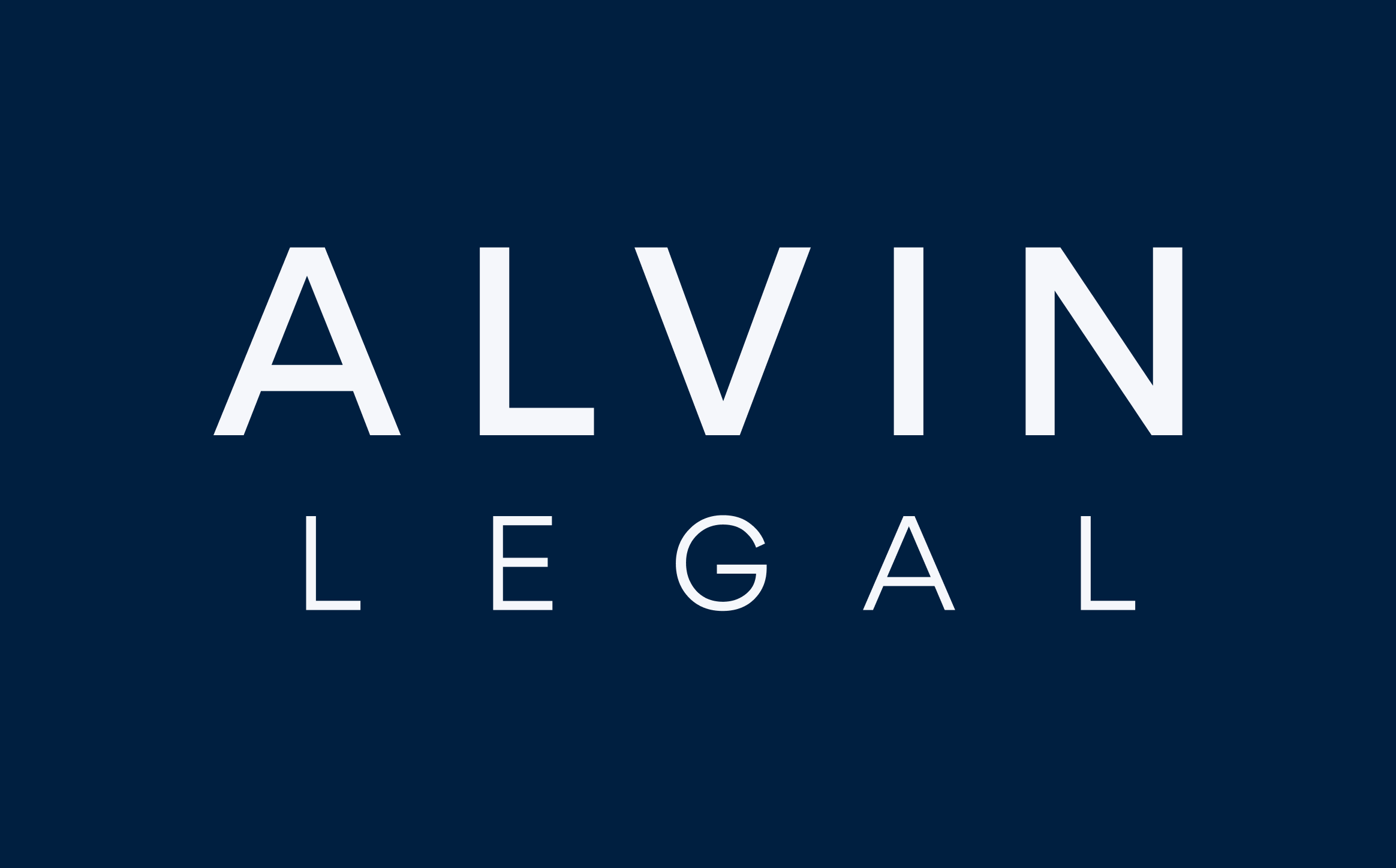Category: News and Insights

What are SAFE Notes?
Safe Notes – Introduction The simple agreement for future equity (commonly known as a SAFE note) is an equity financing instrument that was released by Y Combinator in late 2013 (and updated in 2018). The SAFE note was designed to accelerate the seed funding round for startups by providing a standard, short document (usually five…

How To Choose The Right Lawyer For Your Startup
Picking the right lawyer for your startup is as crucial as picking the right co-founders, considering the important role your lawyer will play in helping you scale your startup. There are many different types of lawyers, so it can be difficult to identify a lawyer that is the best fit for your startup and can…

How to Raise Capital For a Startup
Overview Having a scalable business model is the key feature of a startup, and scaling up requires cash. That is why raising capital becomes a common key activity for startup founders. In this article we will look at: Stages of startup funding The stages of startup funding are: Due diligence Before investing in a startup or raise…

How to apply for a director identification number
Background From November 2021, directors will need to verify their identity with the newly established Australian Business Registry Services (ABRS) as part of a new requirement to obtain a unique director identification number (director ID). This requirement will apply to directors of companies, registered foreign companies, registered Australian bodies and Aboriginal and Torres Strait Islander…

When Should I Incorporate My Business?
Introduction Incorporating your business may be the last thing on your mind. While many start-ups and small businesses start as sole traders or partnerships, incorporation is often a more suitable often. In this post, we will look at what incorporation entails and the benefits it can bring. What does it mean to incorporate? The term…

Employee Share Schemes Explained
Employee Share Schemes Overview An employee share scheme (ESS), for the purposes of Australian income tax laws, is where an employee receives shares (or options to acquire shares) in their employer at a discount. Companies, particularly early stage start-ups, use employee share schemes (also known as employee stock option plans, or “ESOPs”) to attract, retain…

Shareholders’ Agreements Explained
Shareholder Agreement – Overview A shareholders’ agreement is an agreement between the shareholders of a company intended to regulate their rights and obligations. A shareholders’ agreement differs from a constitution in that a company constitution can be replaced by a 75% shareholder vote, where a shareholders’ agreement can only be replaced on agreement of all parties to the shareholders’ agreement. A shareholders’ agreement is therefore especially important for…

What is the Difference Between a Small Business and a Start-up?
Small Business Vs Startup – Overview Knowing the difference between a small business and a start-up is crucial in creating an effective business plan. The two terms are often confused, yet they refer to two very different things. Essentially, a start-up is a company designed to create a scalable business model, while a small business is a small group…

Tax Consolidations Explained
Overview Tax consolidation is where an eligible corporate group elects to be treated as a single entity for income tax purposes. During consolidation, each subsidiary member will lose its individual tax identity, and its assets, liabilities and transactions will be treated as that of the head company. A consolidated group consists of a head company and wholly-owned…

Selective Share Buy-Backs Explained
Overview A selective share buy-back is where a company only buys back shares held by a specific shareholder. This is different from an equal share buy-back where the company buy-back shares from all ordinary shareholders in proportion to the number of ordinary shares they hold. A selective share buy-back involves a reduction in capital, and…










